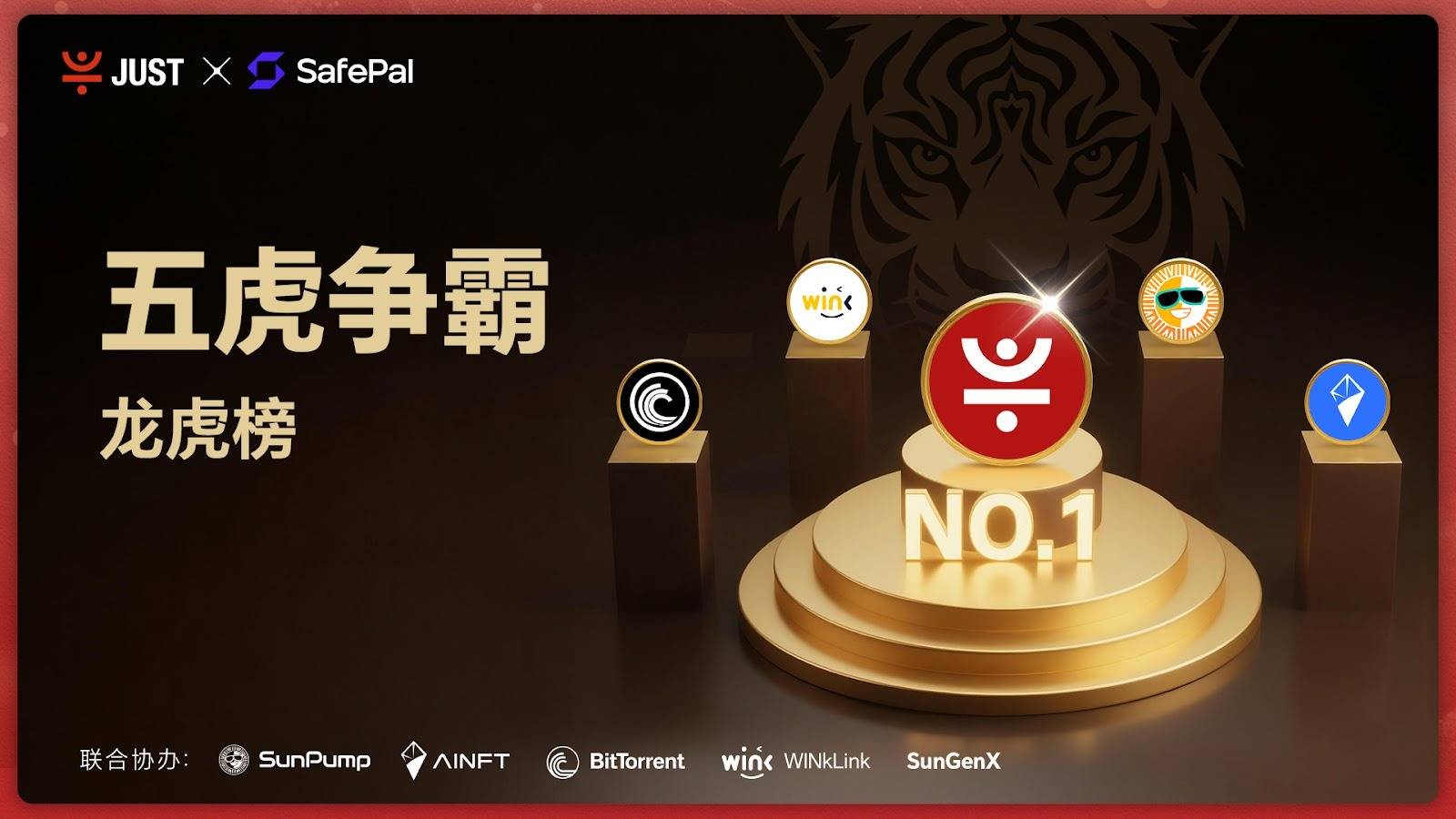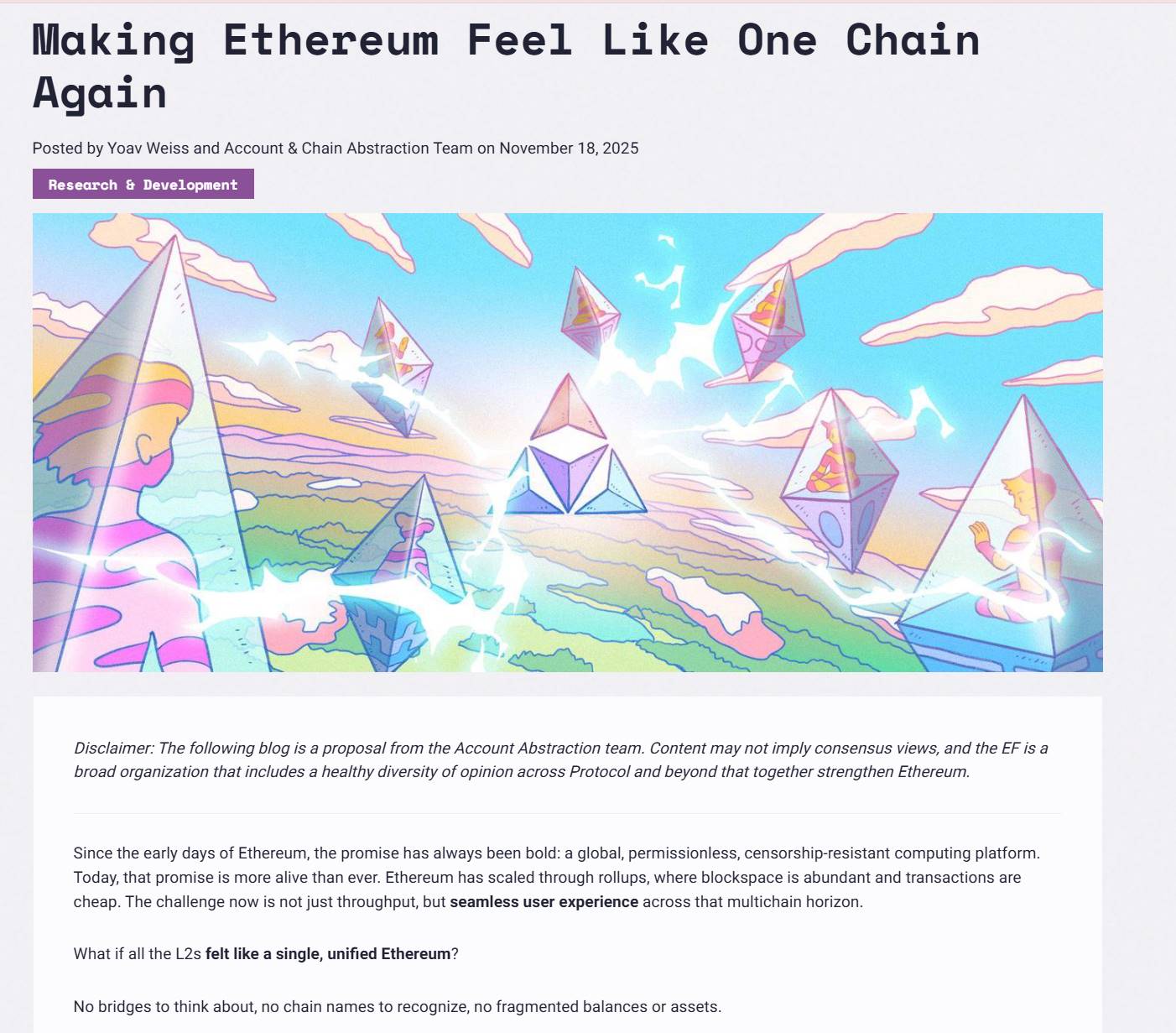Decoding the One Solana Scholarship: Behavioral Economics and the Future of Risk-Taking in Web3
- The One Solana Scholarship (OSS) combines education with behavioral economics, testing risk-taking and governance in decentralized systems through student-led models and institutional support from PayPal and CME Group. - The SSK ETF (7.3% staking yield) exploits the reflection effect, attracting $164M inflows during Solana's 2025 price dip by reframing losses as manageable risks, mirroring OSS's barrier-reduction strategy for emerging markets. - Domain-specific risk preferences emerge in Solana's validat
The One Solana Scholarship (OSS) represents more than just an educational initiative—it is a behavioral experiment in risk-taking, governance, and the psychology of decentralized systems. Launched in 2025 by the Solana Foundation, the program's student-led governance model and institutional backing from entities like PayPal and CME Group have created a unique ecosystem where risk preferences are shaped by both technical innovation and human behavior. To assess its investment potential, we must first dissect how OSS participants and stakeholders navigate domain-specific risk preferences and probability-weighted decision-making.
The Behavioral Economics of Staking and Governance
The REX-Osprey Solana + Staking ETF (SSK), launched in July 2025, offers a compelling case study in behavioral economics. By pairing Solana's price exposure with a 7.3% staking yield, the ETF exploits the reflection effect—a principle where investors become risk-seeking in losses and risk-averse in gains. For example, when Solana's price dipped below $180 in early August 2025, the ETF attracted $164 million in inflows over seven weeks. The steady yield acted as a psychological buffer, reframing potential losses as manageable risks. This mirrors the OSS's own structure: by offering educational and technical resources to emerging markets, the program reduces perceived barriers to entry, encouraging participation in a domain where risk is often conflated with volatility.
Domain-Specific Risk Preferences in Action
Experimental research on Solana's validator economics reveals how domain-specific risk preferences manifest in decentralized systems. A 2024–2025 study by Chorus One found that validators engaging in latency-optimized timing games achieved a 3.0% uplift in annual rewards. This behavior, while economically rational, introduces structural inefficiencies—such as artificial slot delays in the Agave client—that challenge traditional notions of fairness. For OSS participants, this underscores a critical insight: risk in blockchain governance is not uniform. Validators and stakers treat each decision (e.g., delegating tokens, voting on proposals) as a distinct “game,” often prioritizing short-term gains over long-term network health.
Probability Weighting and the OSS Ecosystem
Probability weighting—the tendency to overestimate rare events—plays a pivotal role in Solana's staking and governance dynamics. The failed SIMD-228 vote in March 2025, for instance, revealed a governance gap: validator-only voting via SPL tokens created centralization risks, while informal governance tools failed to engage delegators. The OSS's emphasis on milestone-based grants and open-source tooling addresses this by incentivizing long-term participation. By aligning technical education with staking rewards, the program reduces the perceived risk of network upgrades, encouraging broader adoption.
Investment Implications and Strategic Recommendations
For investors, the OSS ecosystem offers a nuanced framework for assessing risk. Here's how to approach it:
- Decentralized EdTech Platforms: Prioritize projects leveraging Solana's infrastructure for tokenized credentials or gamified skill development. These platforms benefit from OSS-trained talent and institutional liquidity, creating a flywheel effect.
- Public Goods Incentives: Allocate capital to open-source initiatives supported by OSS grants. These projects often yield high social returns while enhancing Solana's technical resilience.
- Institutional-Grade Liquidity: The SSK ETF and Franklin Templeton's FOBXX fund provide exposure to a blockchain ecosystem processing 65 billion annual transactions. These vehicles mitigate domain-specific risks by diversifying across staking yields and price volatility.
Conclusion: A New Paradigm for Risk in Web3
The One Solana Scholarship is not merely an educational program—it is a behavioral blueprint for aligning risk-taking with long-term value creation. By embedding principles like probability weighting and domain-specific preferences into its governance and staking mechanisms, the OSS fosters a more rational, inclusive, and sustainable blockchain ecosystem. For investors, this means moving beyond speculative bets and embracing strategies that account for the psychological underpinnings of decentralized systems. As Solana's price trajectory and institutional adoption continue to evolve, the OSS stands as a testament to the power of behavioral economics in shaping the future of Web3.
Disclaimer: The content of this article solely reflects the author's opinion and does not represent the platform in any capacity. This article is not intended to serve as a reference for making investment decisions.
You may also like
The "Five Tigers Competition" concludes successfully | JST, SUN, and NFT emerge as champions! SUN.io takes over as the new driving force in the ecosystem
JST, SUN, and NFT are leading the way, sparking increased trading and community activity, which is driving significant capital inflows into the ecosystem. Ultimately, the one-stop platform SUN.io is capturing and converting these flows into long-term growth momentum.

The End of Ethereum's Isolation: How EIL Reconstructs Fragmented L2s into a "Supercomputer"?
EIL is the latest answer provided by the Ethereum account abstraction team and is also the core of the "acceleration" phase in the interoperability roadmap.

Research Report|In-Depth Analysis and Market Cap of Stable (STABL)
